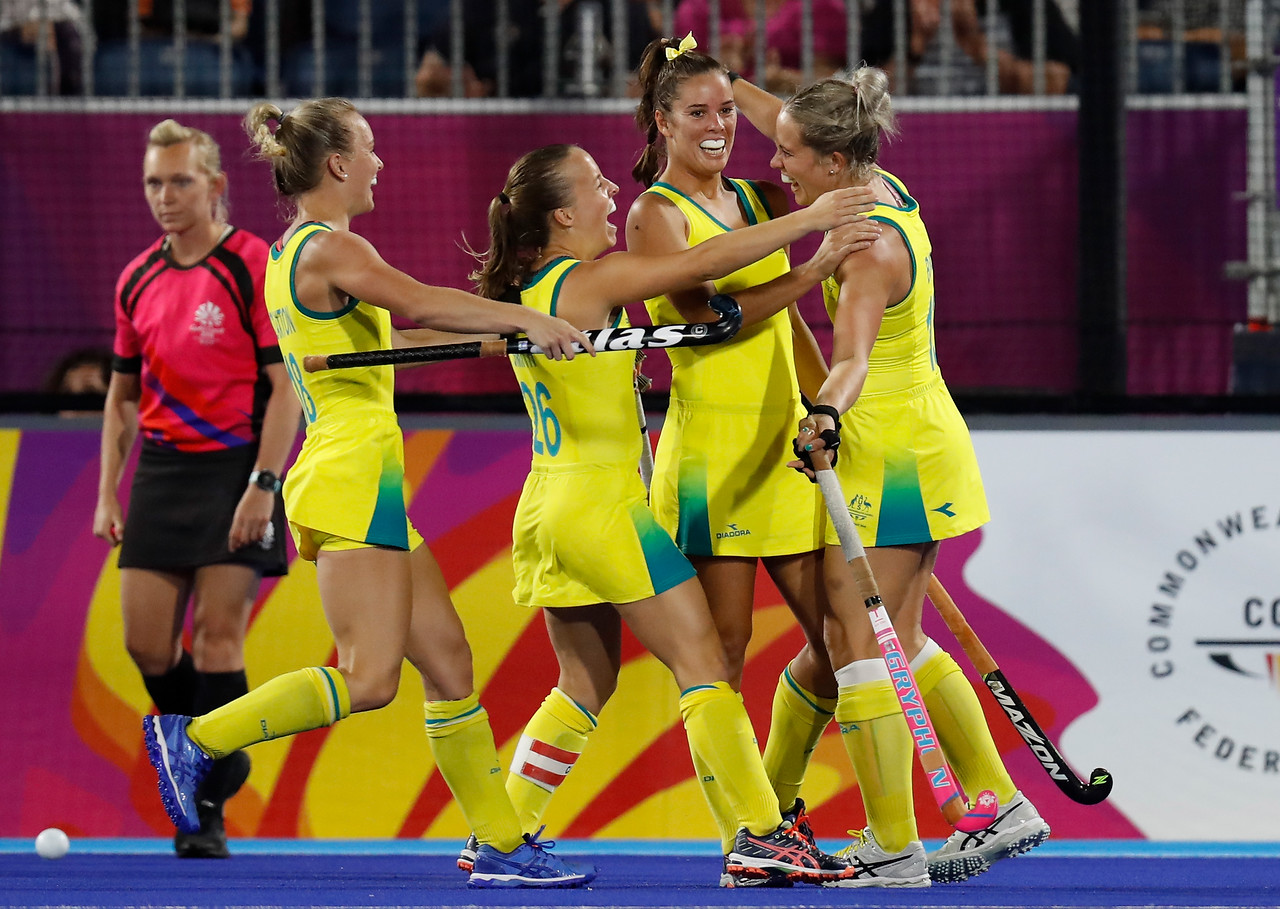
Commonwealth Games Australia welcomes the release of the updated National High Performance Sports Strategy.
The National High Performance Sport Strategy 2024 (NHPSS) focuses on, Olympic, Paralympic and Commonwealth Games outcomes and will contribute to Commonwealth Games Australia’s goal of remaining the number one nation at the Birmingham 2022 Commonwealth Games.
The NHPSS is a joint strategy of the National Institute Network (NIN), National Sporting Organisations (NSOs), and other system partners, including Commonwealth Games Australia.
The strategy positions Australia’s high performance Institutes and Academies, athletes and coaches under a national framework, strengthening relationships with communities, academic institutions, government, industry and the private sector, and embraces the common goal of National Pride and Inspiration through International Sporting Success.
In releasing the strategy, Minister for Youth and Sport, Richard Colbeck, commended the collective effort of Australia’s high performance sector, led by the Australian Institute of Sport (AIS) and National Institute Network, after the strategy was approved at the Meeting of Sport and Recreation Ministers in Adelaide recently.
“The NHPSS is about delivering a unified approach to high performance sport in Australia. It was developed to support the priority of achieving sporting excellence, as part of the Morrison Government’s national Sport 2030 plan. Under the plan, federal funding for Australia’s high performance sports and athletes has increased to $158.9m in 2019–20, up from $97.0m when we came to office.” Senator Colbeck said.
Commonwealth Games Australia CEO Craig Phillips said the strategy is an important unifying step to ensure all system partners are working towards what’s best for our sports and athletes in the lead up to important international events such as the Commonwealth Games.
“Commonwealth Games Australia looks forward to continuing its significant contribution to our international sporting success and will continue to work with partner sports and high-performance partners at the AIS, Australian Olympic Committee, Paralympics Australia and State/Territory Institutes and Academies of Sport to ensure the best possible preparation for Australian athletes to compete at the Commonwealth Games,” Phillips said.
“The joint high performance strategy is crucial to ensure our collective efforts and funding is delivered in the most effective manner and that Government and State Institute and Academy contributions also maximise the opportunity for our athletes to achieve success in Birmingham,” Phillips said.
Commonwealth Games Australia announced earlier this year a $13 million funding package to assist member sports and athletes prepare for the 2022 Commonwealth Games in Birmingham. The funding, which is a direct legacy for Commonwealth Games sports and athletes of hosting the Gold Coast Commonwealth Games, is supporting initiatives that will contribute to the aspiration of being the number one nation in Birmingham.
The funding is targeted at able body and para-sport athletes for projects that are focussed on the Commonwealth Games, and currently targets the pre-elite and ‘next generation’ athletes who now have their sights set on the Games in Birmingham.
AIS CEO Peter Conde acknowledged the efforts of the National Institute Network and leaders across the high performance system.
“A tremendous amount of energy and effort has been devoted over many months to reach this point and I congratulate all of our system partners in unifying to ensure the sustainability of high performance sport in Australia.
“In particular, I’d like to pay tribute to work by Directors of the National Institute Network, along with our team at the AIS. The NHPSS is representative of the role of the AIS in leading and enabling the Australian high performance system,” he said.
Australia topped the medal tally at the Gold Coast 2018 Commonwealth Games collecting 198 medals, including 80 gold, well ahead of England with 135 medals and 45 gold. In Glasgow four years earlier however, England topped the tally with 174 medals and 58 gold compared to Australia’s 137 medals and 49 gold.
